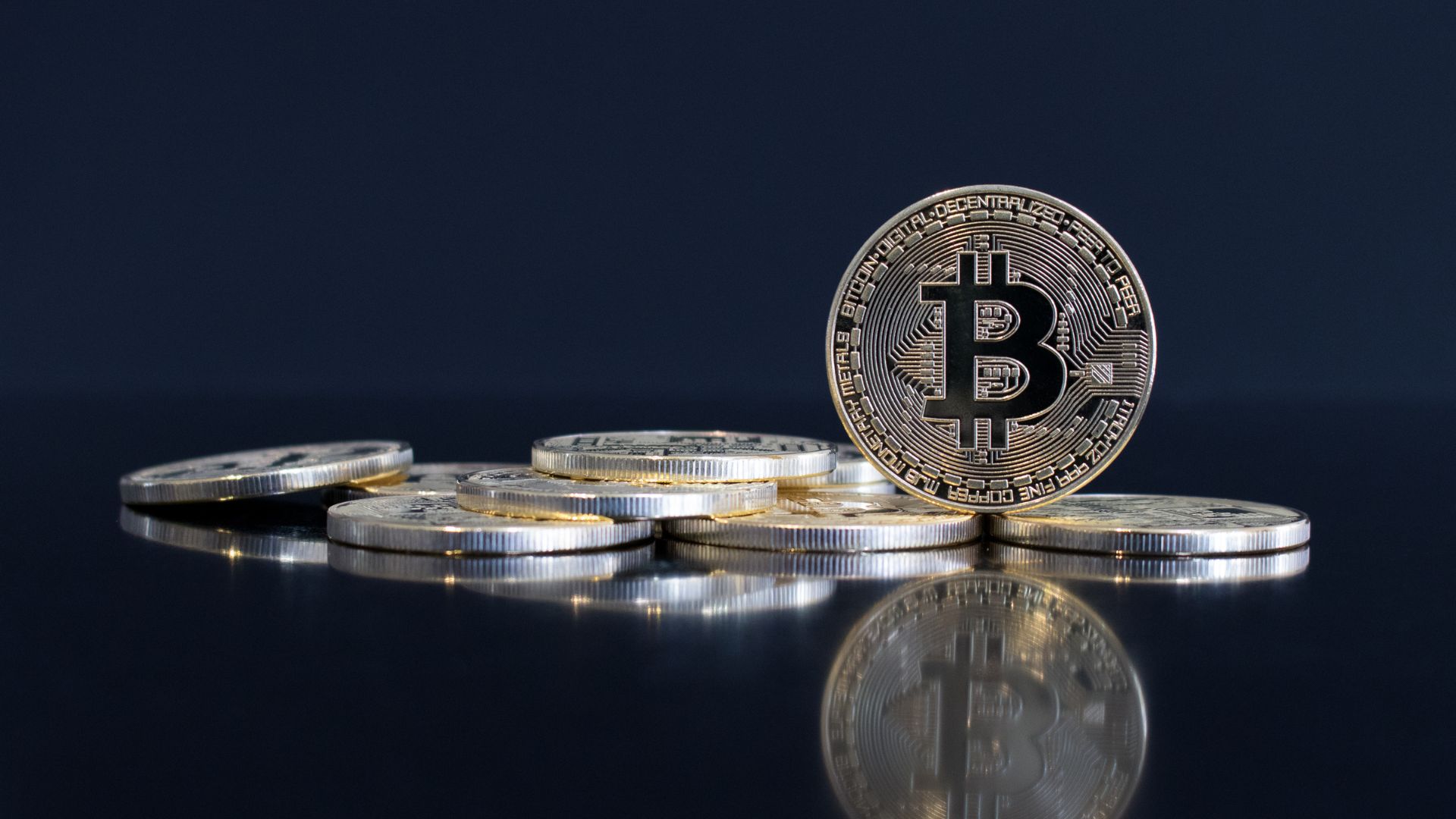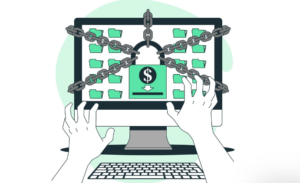Japan is often associated with the mysterious creator of Bitcoin, that is Satoshi Nakamoto. It has always been the leading country regarding Cryptocurrency regulations. As the Japanese have a unique blend of traditional values and technological innovations. Which makes them pioneers in computer science and Cryptography. If we talk about the early days of Cryptocurrency, Japan stood out as a hub of Digital currency activities, as it was one of the early adopters of Bitcoin mining. The famous Mt. Gox, which handled millions of Bitcoin transactions, was also a Japanese company.
The Overview of Crypto regulations in Japan:
Despite the hacked incident in 2014 with Mt. Gox, Japan still chose not to block cryptocurrencies. Instead, it focused on consumer protection, making Cryptocurrency legal and recognizing it as a form of money in 2016. However, Cryptocurrency adoption in Japan needs to catch up to other nations. Only a small percentage of the population actively uses or owns these digital assets.
Moreover, the recent developments in Japan’s cryptocurrency landscape indicate a greater shift toward accepting and utilizing these digital assets, including the government’s decision to award non-fungible tokens (NFTs) to local mayors in 2022. Furthermore, the introduction of stablecoins and a competitive Crypto exchange environment have contributed a lot to the evolving crypto ecosystem in this country.
Japan’s Cryptocurrency Revolution for Startups
In a significant development for the Japanese startup ecosystem, the government is reportedly poised to allow startups to raise public funds using Cryptocurrency instead of traditional stocks. This groundbreaking decision marks a departure from the conventional methods of capital generation and aligns with the global trend of using digital assets as a legitimate fundraising avenue.
The updated system, as reported by the Japanese financial news site The Nikkei, primarily targets a category of funds known as Investment Business Limited Partnerships (LPS). This strategic shift signifies Japan’s determination to keep pace with the rapidly evolving landscape of financial technology and digital assets. Until now, Japan had lagged behind other nations in embracing digital assets fully. Let’s learn in more detail about this.
Code Amendments and Crypto-Friendly Environment:
In this significant move, Japan’s financial regulatory authority, the Financial Services Agency (FSA), aims to modify the tax code related to Cryptocurrencies as their goal is to help local businesses by sparing them tax payments at the end of the year, as they haven’t turned their digital assets into real money yet. This change is a big step in making things easier for businesses dealing with Cryptocurrencies.
Prime Minister’s Commitment to Web3 Technology:
Japan’s Prime Minister, Fumio Kishida, has said that the government wants to help Web3 technology grow. He talked about how Web3 can change society in a big speech at the WebX conference in Tokyo. It shows Japan wants to be a leader in new technology.
The regulatory framework of Japan
The Japanese Financial Services Agency is in charge of monitoring the crypto sector. They have a well-established regulatory framework for Cryptocurrencies in Japan. The regulations for Cryptocurrency exchanges and token offerings have been significantly improved by their collaboration with Organizations like the Japan Security Token Association and The Japan Virtual Currency Exchange Association. Moreover, the government is also looking into NFTs and is making a Digital ID card, which signifies that they are open to new tech rules. Therefore, they want to be modern and fair regarding Cryptocurrency.
Factors Influencing Cryptocurrency Adoption in Japan
While these trends show Japan’s changing attitude towards digital assets. It is also important to remember that, compared to other countries, the uptake of cryptocurrencies in Japan has been modest. The adoption rate has been impacted by elements including the yen’s stability, the launch of stablecoins like JPYCoin, and the population’s age distribution shift.
Final words:
Japan’s decision to enable companies to raise funds through Cryptocurrency other than using stocks. It represents a significant step forward in adopting digital assets as a legal source of financing. Moreover, this step is consistent with the country’s commitment to supporting innovation and adapting to a changing financial landscape. At the same time, Japan has traditionally been conservative regarding cryptocurrency legislation. Furthermore, recent events such as tax breaks and the return of significant cryptocurrency exchanges indicate that Japan has established a more favorable atmosphere for cryptocurrency-related enterprises. Finally, the government’s concentration on Web3 and other developing technologies positions Japan as a significant contributor to the global cryptocurrency ecosystem.





















